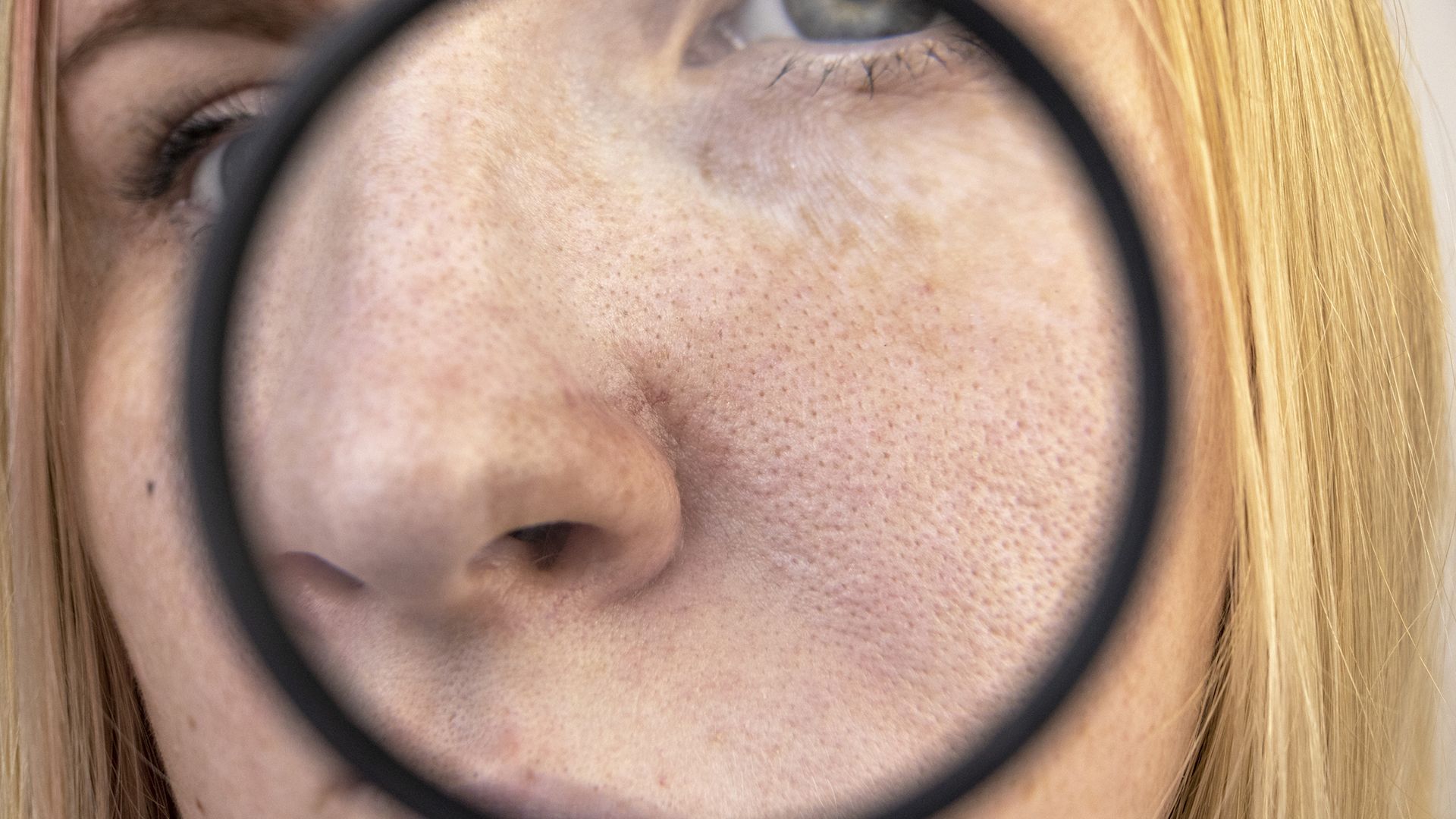Cutaneous squamous cell carcinoma (cSCC) is a type of skin cancer that begins in the squamous cells found in the outer layers of the skin. In most cases of cSCC, the cancer is limited to a specific area of the body and can be treated by removing the cancer with surgery. However, surgery is not always an option because the cancer may be too large to remove, may have spread to lymph nodes or other areas of the body, or a patient is not a candidate for surgery. Cutaneous squamous cell carcinoma that is not treatable with surgery is referred to as unresectable cutaneous squamous cell carcinoma. In some cases, unresectable cSCC can be treated with locally destructive techniques such as radiation therapy. In cases where the cancer has spread to other parts of the body, cSCC can be treated with systemic therapies.
Localized and systemic
Cancer treatments can be divided into two broad categories—localized therapies and systemic therapies. Localized therapies include surgical procedures and radiation therapy, which target specific tumors or lymph nodes where cancer has spread. These and other commonly-used therapy options for cSCC are described in the article, 5 Answers About Cutaneous Squamous Cell Carcinoma.
Systemic therapies are therapies that act on entire system of the body, targeting cancer cells wherever they may be found. Systemic therapies used for cSCC include chemotherapy, targeted therapy, and immunotherapy.
Chemotherapy
Chemotherapy is used to treat a wide variety of cancers, including cSCC. Chemotherapy drugs contain chemicals that destroy cells that are in the process of dividing. Because cancer cells divide at a rate faster than normal cells, chemotherapy drugs are effective at destroying cancer cells and preventing them from growing. Chemotherapy also damages healthy cells and comes with side effects.
There are a variety of chemotherapy drugs available, which are given in different doses and schedules.
Targeted therapy
Cancer cells are biologically different than normal cells. Targeted therapies are drugs that use these differences to identify and attack cancer cells throughout the body. The type of targeted therapies used to treat cSCC are EGFR inhibitors. EGFR stands for “epidermal growth factor receptor” and is a protein that some cSCC cells use to fuel their growth. EGFR inhibitors block this protein, preventing cancer cells from growing. A healthcare team can test cSCC to see if the cancer is EGFR positive and if targeted therapy is an option. EGFR inhibitors can cause side effects, which a patient should discuss with their healthcare provider.
Immunotherapy
Immunotherapies also exploit unique characteristics about the biology of cancer cells. While targeted therapies attack cancer cells directly, immunotherapies work by helping the body’s immune system find and attack cancer cells.
The type of immunotherapy drug used to treat cSCC is called a PD-1 inhibitor. This drug blocks a protein that prevents the immune system from attacking cancer cells in some cases. Lab tests can determine if immunotherapy is an appropriate treatment option. Like the other treatments mentioned, immunotherapy drugs can cause side effects. Because immunotherapy drugs impact the way the immune system works, they may not be a safe treatment option for every patient—for example, a person with a compromised immune system.
Combination therapy
Treatment plans often utilize a combination of different therapies. For example:
- Targeted therapy and systemic chemotherapy drugs may be used together.
- Surgery to remove a tumor may be followed by a localized therapy that targets any remaining cancer cells that the surgery missed.
- Surgery to remove tumors and cancerous lymph nodes may be followed by a cycle of chemotherapy to destroy cancer cells in other areas of the body.
It’s also worth noting that the therapies mentioned above are only broad examples, and there is a great deal of variety among cancer treatments—numerous types of surgical techniques, several types of radiation therapy, many different options for chemotherapy drugs.
Individualized treatment
It is important to understand that there is no best treatment option for cSCC, only the treatment option that is best for a particular person. The best thing a person with cSCC can do is work with a healthcare team that specializes in the treatment of skin cancer, who can come up with an individualized treatment plan.






